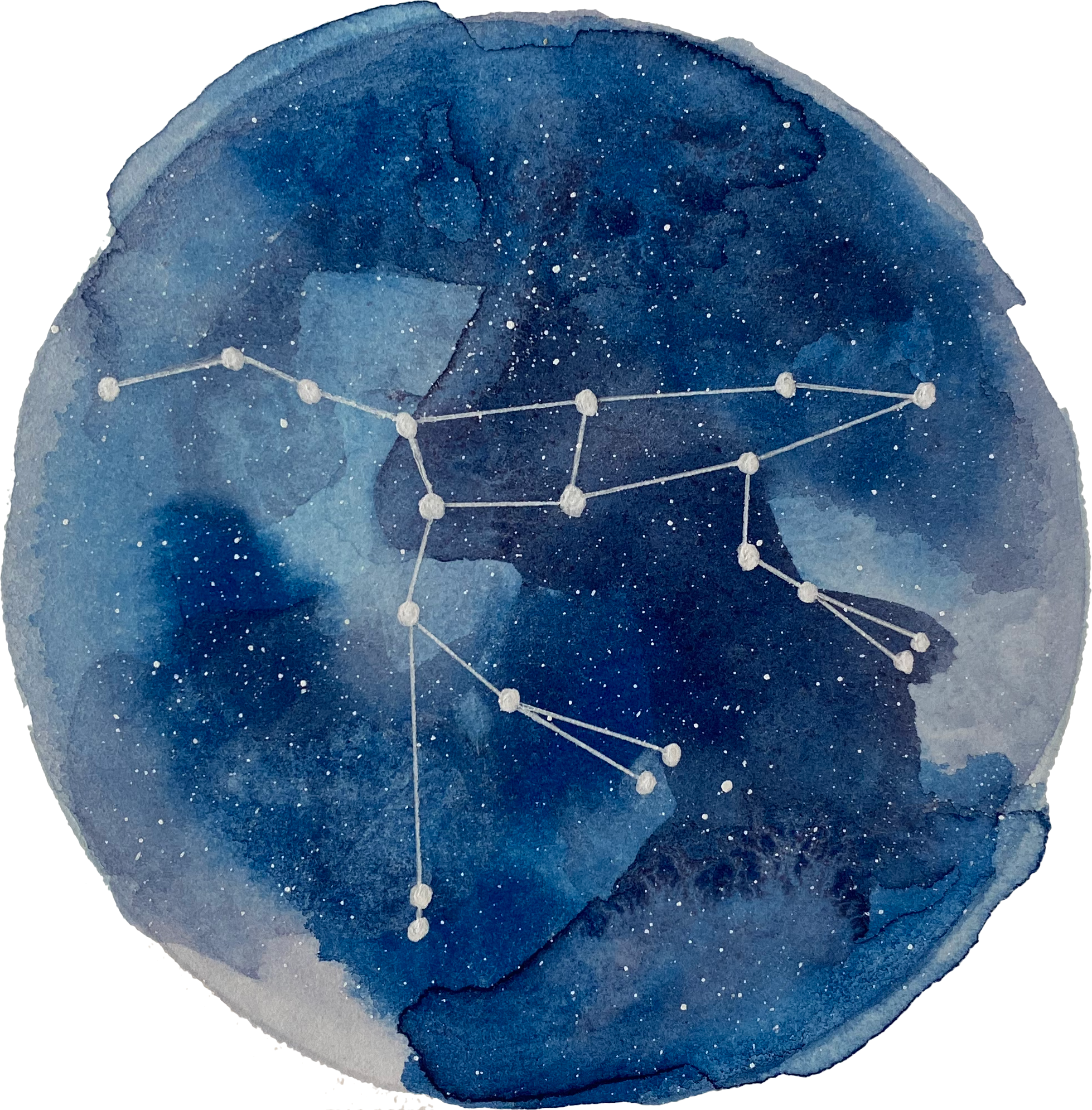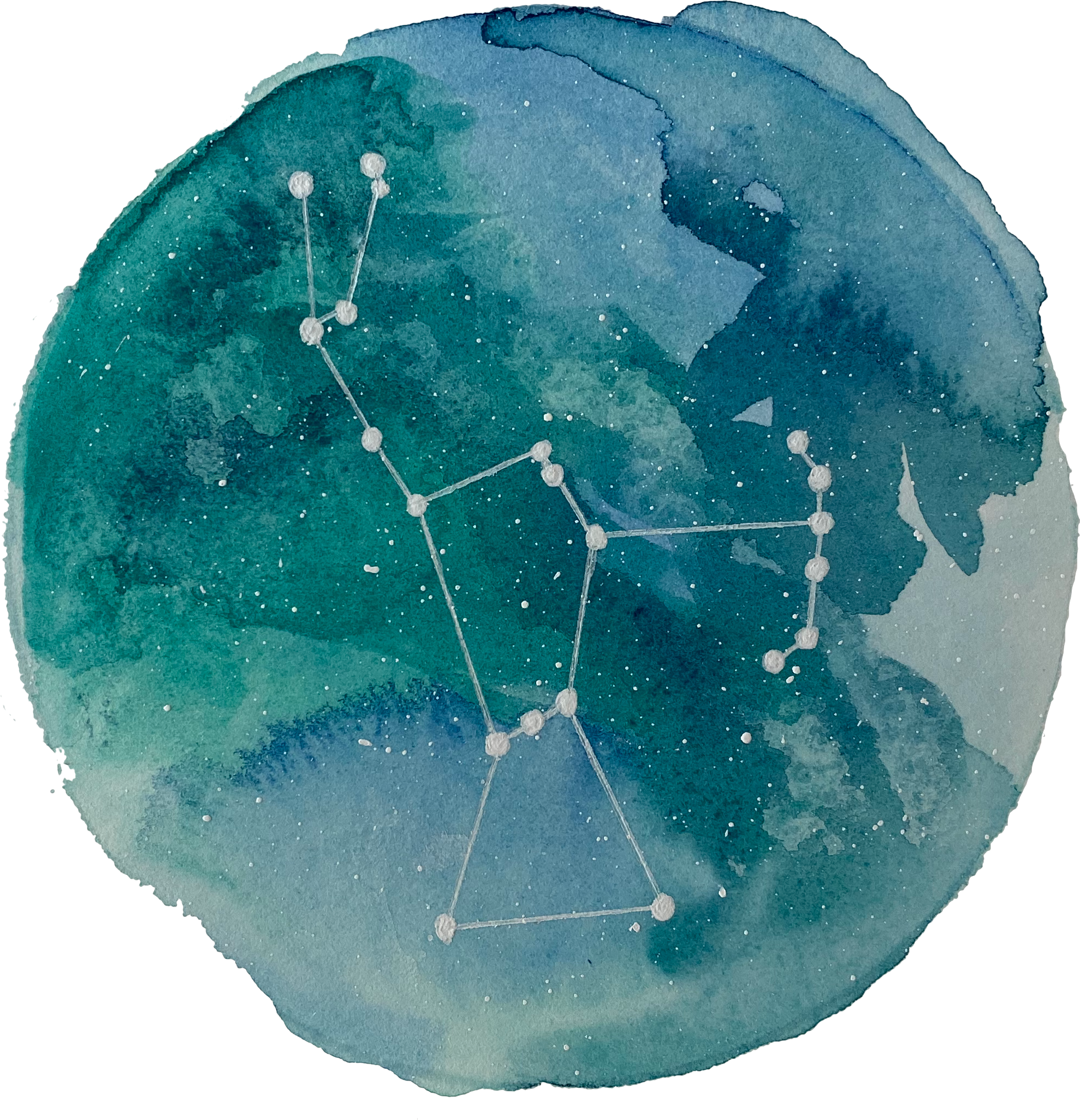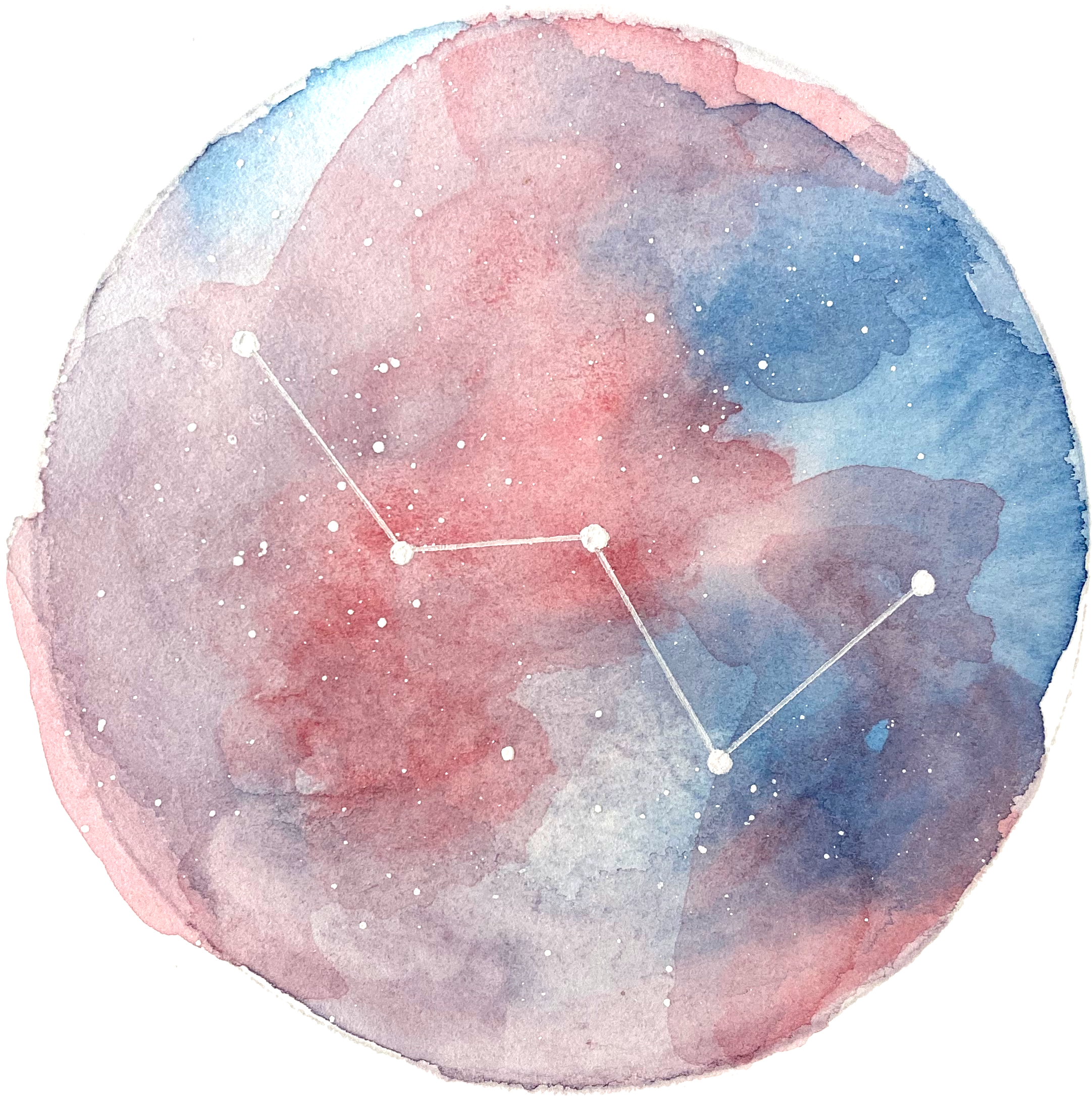I've written an entire sequence introducing "naturalism", and I've just finished publishing it on LessWrong. You can see the whole thing at this link.
Here's the first post:
Orientation
A note on how to approach this sequence:
If you were exactly like me, I would ask you to savor this sequence, not scarf it. I would ask you to approach each of these essays in an expansive, lingering, thoughtful sort of mood. I would ask you to read them a little bit at a time, perhaps from a comfortable chair with a warm drink beside you, and to take breaks to make dinner, sing in the car, talk to your friends, and sleep.
These essays are reflections on the central principles I have gradually excavated from my past ten years of intellectual labor. I am a very slow thinker myself; if you move too quickly, I expect we’ll miss each other completely.
There’s a certain kind of thing that happens when a person moves quickly, and relies a lot on their built-up structures—their familiar, tried-and-true habits of thought and perception. There is a different kind of thing that happens when a person can step back and bring those very structures into view, rather than standing atop them. I'm hoping for the latter.
But since you’re not exactly like me, there might be a better way to approach this sequence, in your particular case, than the exact one I’d suggest to myself. I hope you’ll take a moment to check.
What matters to me is not how fast you read, or how many sittings it takes; what matters is that you create for yourself enough space to explore, to observe the real world beyond all these words, to watch how your own thoughts and experiences unfold in dialog with mine. Any method that allows you to maintain that kind of space as you read is perfect, as far as I’m concerned.
*
“Naturalism” is a label for a conceptual framework, investigatory discipline, and semi-formalized way of looking at and learning about the world. I’ve been developing and teaching naturalism for the past couple of years, if you start counting on the day I chose the term, or since 2013, if you take a more historical perspective. I’ve made some relevant content available, but I’ve had trouble writing a straightforward introductory post.
The reason for this, as far as I can tell, is that the naturalist perspective is suspicious of categories, projections, and preconceptions, and seeks to move closer toward (relatively) unfiltered, direct observations. It’s specifically a frame-breaking and frame-escaping discipline, so it’s hard to describe in frame-terms without being importantly misleading.
I ardently desire not to mislead anyone.
*
There’s a saying I like a lot, which goes: “A man with one watch knows what time it is; a man with two is never sure.”
(When I first heard this, I needed to pause for a moment, to let it sink in. It helped me to actually visualize wearing a watch on each wrist, then checking the time.)
The reason I like this saying is that it reminds me to be confused, in an appropriate fashion. “Confused” might even be too weak of a word—it’s almost like it reminds me to be scared, in an appropriate fashion.
I mean, sure—for most things, I don’t have to know what time it actually is, with sufficient precision that the off-ness of my watch makes a meaningful difference. The claim here is not that absolute clarity is required at all times.
But there is indeed an unfortunate property of having-a-watch, which is that it provides me with an answer to the question “what time is it?”
It provides that answer clearly, and specifically, and unambiguously. It provides that answer with more confidence than it ought to, like a calculation that doesn’t attend to significant digits. And if I’m not careful, then with my watch right in front of me, it’s very easy to lose track of the fact that I do not, in fact, know exactly what time it is. To forget that what I really know is what time it almost is.
*
This is what our concepts do for us. They are usually a strict upgrade over “entirely too much information for us to even begin to process or handle”; but if you lean on them too heavily, or too unthinkingly, they become actively misleading. Actively harmful, in cases where precision and accuracy genuinely matter, and being subtly wrong is disastrous.
And concepts encourage us to lean. They’re sturdy! Sensible! Comforting! They soothe confusion, make the world seem more predictable and comprehensible, give us the surface sensation of control (or at least understanding). It’s nice to have answers.
But the map is not the territory.
*
It’s easy to look up at the sky, and name the constellations, without losing track of your knowledge that there isn’t really a Great Bear up there. We know that the constellations aren’t “real,” that they’re just there to help us chunk and cluster and orient and discuss.
But constellations are an unusually transparent construction. In the set of fake concepts that we impose on messy reality, they’re unusually candid about their fakeness. Their arbitrary nature is kind enough to be apparent and obvious.
Many concepts are much less wearing-their-fakeness-on-their-sleeve. Constellations don’t bear all that much resemblance to actual stars, so it’s easy to avoid getting confused. But a lot of concepts really look quite similar to the thing they’re modeling, and are therefore much more seductive, mesmerizing, convincing, befuddling. Much more in-the-way, much more likely to distract, much harder to set aside and see past.
The concept Harry's mind had of the rubber eraser as a single object was obvious nonsense.
It was a map that didn't and couldn't match the territory.
Human beings modeled the world using stratified levels of organization, they had separate thoughts about how countries worked, how people worked, how >organs worked, how cells worked, how molecules worked, how quarks worked.
When Harry's brain needed to think about the eraser, it would think about the rules that governed erasers, like "erasers can get rid of pencil-marks". >Only if Harry's brain needed to predict what would happen on the lower chemical level, only then would Harry's brain start thinking - as though it were >a separate fact - about rubber molecules.
But that was all in the mind.
Harry's mind might have separate beliefs about rules that governed erasers, but there was no separate law of physics that governed erasers.
Harry's mind modeled reality using multiple levels of organization, with different beliefs about each level. But that was all in the map, the true >territory wasn't like that, reality itself had only a single level of organization, the quarks, it was a unified low-level process obeying >mathematically simple rules.
It is genuinely difficult to notice that an eraser is something other than “an eraser”—to circumvent the well-intentioned shortcutting that our brains are so practiced at doing.
And to be clear: it’s usually not necessary to notice that the mental category “eraser” is glossing over a bunch of detail. It usually does not matter; our concepts are ubiquitous in large part because they tend to be sufficient, adequate for our purposes.
But there are times when it’s absolutely crucial to be un-hypnotized, when it’s absolutely crucial to be aware of the difference between [what’s happening] and [the layer of interpretation we’ve draped like a blanket over what’s happening].
And there’s something frightening (to me, at least) about the idea of such a crucial moment arising and people not noticing it, because they aren’t even aware that they’re draping a blanket. Or noticing that they need to set aside the blanket, but not knowing how to actually do so.
Which is why I’ve devoted so many of my resources to developing naturalism. It’s an important facet of mature rationalist practice, and it’s mostly missing from our collective toolkit.
*
Notice, though, that “naturalism” is itself a concept. It’s a constellation painted somewhat arbitrarily over a multidimensional cluster of phenomena, pretending to be real. It’s easy to say that X is a part of naturalism and Y is not, and to forget that there just isn’t any boundary out there in the territory.
But in order to properly draw your attention to the cluster, I think I sort of have to paint those lines. Human brains (mine included) have a really hard time getting excited about vast collections of vaguely adjacent points; in order to produce something useful and comprehensible, I have to pretend that there’s a Thing, there.
I think doing so is instrumentally useful, and I think that (when done honestly, as this intro sequence is attempting to do) it’s not actually misleading, or self-undermining. This is a fundamental thesis of naturalism: that there are points, and there are paintings we superimpose upon them, and that these things are different. That the constellations are of a wholly different nature than the stars.
Doesn’t mean we don’t need the conceptual overlay. We just want to know, in any given moment, whether we’re dealing more with paintings, or more with the things they’re meant to depict.
*
The constellation I will paint in this sequence is a single sentence. It’s a sentence I built one word at a time, sketched atop a cluster of five stars I’ve picked out from my view of the night sky.
The sentence is a summary of naturalism after-the-fact. It will do almost nothing to help you understand the stars themselves, the real thing that I try to do with my mind day in and day out.
But it may serve to guide your attention to those stars. It may prompt you to look more closely, for yourself, at the reality hidden behind the tidy painting.
The sentence, which I will discuss piece by piece throughout my introductory sequence, is this:
The sentence forms the outline of my sequence, more or less:
- Knowing
- The Territory
- Observation
- Patient Observation
- Direct Observation
My only goal in this sequence is to communicate what I mean by the sentence, “Knowing the territory takes patient and direct observation.”
*
Here is what will happen in this sequence: I will pick out the concepts that seem central to my understanding of naturalism; I will name them with words; and I will do my best to tell you what I mean by those words.
That is all.
There are a few things you might expect from an introductory sequence that I will not even try to accomplish. I want to be clear about my intentions.
I will not try to argue for the truth of the proposition the sentence picks out. It’s true, I think, that knowing the territory takes patient and direct observation. But I won’t try to convince you of that here.
I won’t tell you what would change my mind, or what I’d expect to see if I were wrong. I won’t tell you how I think you could find out if I were correct, or if I were not. I will not present evidence. I will not engage with counterarguments.
Inasmuch as I’m making a claim, you’re right to want that sort of thing from me. But I’ll disappoint you, for now, on this front. I cannot do very much at once; for me, just saying what I mean without misleading anyone is quite enough to be getting on with.
I will not try to argue that naturalism is important, either. Or, at least, not directly or on purpose. I won’t say much of anything about when it matters, or why. This is also a worthwhile topic, but it’s beyond the scope of this sequence.
Finally I will not try to help you learn naturalism. I do have a sometimes effective curriculum at this point, and I’ve even published a sort of [proto-naturalism introductory course] (https://www.loganstrohl.com/nature-study) that you can take at your own pace online; but I will not be presenting anything like that here.
What I will try to do is pick out the concepts that are central to naturalism, name them with words, and tell you what I mean by those words.
It will take me seven-and-a-half essays, the first of which you have nearly finished.
When we are done here, I will write more things. When I write those things, I will sometimes use the term “naturalism”. And if this sequence is successful, people who have read it will know what I’m talking about.
People who have not read this sequence will say “What is naturalism?”, and I will finally be able to answer their question to my satisfaction.
*
Knowing the territory takes patient and direct observation. Let us begin, then, with “knowing”.



